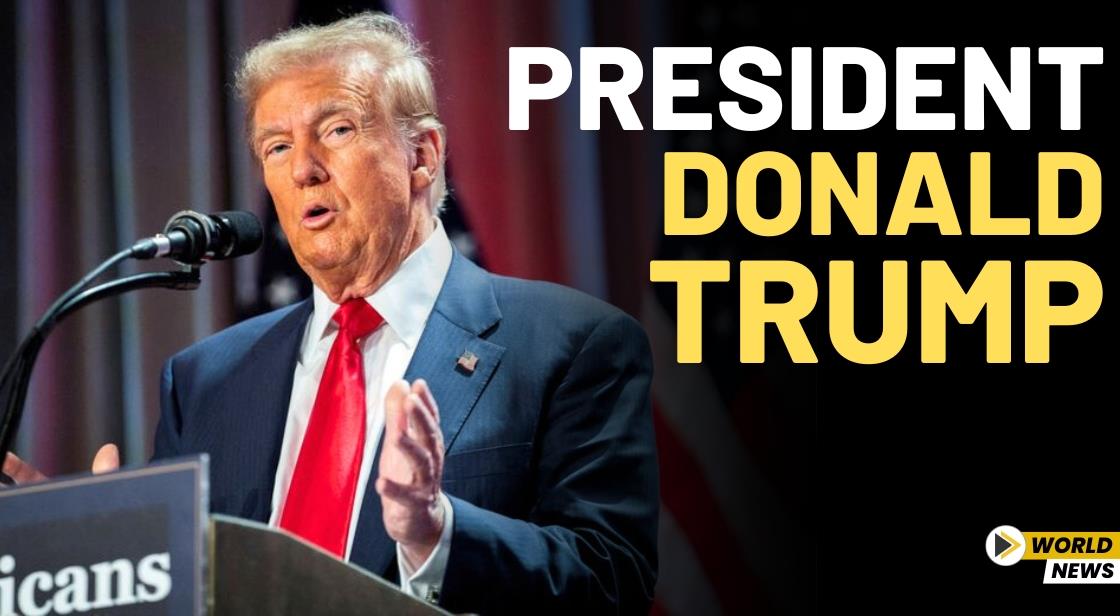US House Narrowly Approves Trump’s $9 Billion Budget Cuts to Foreign Aid, Public Media

News Synopsis
In a closely contested vote, the Republican-led U.S. House of Representatives passed President Donald Trump’s proposal to cut $9 billion in federal spending — targeting public broadcasting and foreign aid. This decision now moves the legislation to the White House for final approval.
The House voted 216-213 early Friday in favor of the funding rescission package, which had been revised earlier in the week by the Senate to preserve around $400 million allocated to the global PEPFAR HIV/AIDS prevention initiative.
A Narrow Victory and Party-Line Voting
Only two Republicans—Brian Fitzpatrick of Pennsylvania and Mike Turner of Ohio—sided with Democrats in opposing the bill. Despite the slim margin, the measure passed, reflecting strong internal party alignment on reducing federal spending.
“We are taking one small step to cut wasteful spending, but one giant leap towards fiscal sanity,” declared Representative Aaron Bean, a Republican from Florida, advocating for recurring monthly proposals of similar spending cuts.
Democratic Concerns Over National and Global Impact
Undermining Security and Rural Communication
House Minority Leader Hakeem Jeffries voiced serious concerns about the repercussions of the bill:
“The funding cut undermines our ability to keep our people safe here and to project America’s soft power all over the globe,” Jeffries said, adding that rural Americans' access to emergency information through public radio will suffer.
Epstein Case Disrupts Legislative Process
GOP Compromise to Push the Bill Through
Delays in the vote occurred due to internal GOP debates over other matters, particularly calls for transparency regarding Jeffrey Epstein, the convicted sex offender who died in custody. To address this, Republicans on the House Rules Committee introduced a non-binding resolution urging the U.S. attorney general to release related documents within 30 days.
“It’s a sound, good-faith resolution that ensures protections for victims and innocent witnesses,” said Representative Virginia Foxx of North Carolina.
However, Democrats were skeptical.
Representative Jim McGovern of Massachusetts criticized the resolution as a “glorified press release”, citing the absence of enforcement provisions.
A Recurring Battle Over Trump’s Budget Rescissions
Previous Close Calls in the House
This marked the second tight House vote on President Donald Trump’s plan to retract funds previously authorized by Congress. Back in June, an earlier version of the bill barely passed 214-212, with four Republicans joining Democrats in opposition.
House Republicans were under additional pressure this time, as failure to pass the bill by Friday would have required the Trump administration to spend the funds as originally authorized.
The $9 billion reduction constitutes approximately 0.1% of the $6.8 trillion federal budget.
Republican lawmakers defended the cuts, saying they target inefficient foreign aid programs and left-leaning public broadcasting networks such as PBS and NPR.
Senate Vote in the Early Hours
Concerns Over Executive Overreach
Before dawn on Thursday, the Senate passed the bill with a 51-48 vote. Only two Republican senators, Susan Collins of Maine and Lisa Murkowski of Alaska, voted against it.
“There’s a good reason I think that we haven’t seen a successful rescissions package before the Senate in almost 33 years,” said Murkowski.
“It’s because we’ve recognized that, ‘Hey, that’s our role here.’”
Both senators expressed discomfort with allowing the executive branch to override Congressional control of federal spending.
While rescissions (funding clawbacks) can be passed with a simple majority, actual government funding bills require 60 votes in the Senate — necessitating bipartisan support.
What’s Next? More Cuts May Follow
Future Rescission Requests Expected
Officials from Trump’s administration have hinted at additional rescission packages in the coming months.
Russ Vought, Director of the White House Office of Management and Budget (OMB), stated that similar spending-cut proposals are “likely” to follow if this package is enacted.
Democrats claim the administration has already withheld more than $425 billion in approved spending since the beginning of Trump’s second term in January.
Murkowski and Collins also took issue with Vought’s controversial comment at a recent breakfast briefing, where he claimed:
“The appropriations process has to be less bipartisan.”
In response, Senator Collins, who chairs the Senate Appropriations Committee, countered:
“The best way for us to counter what has been said by the OMB director is to continue to work in a bipartisan way.”
You May Like









